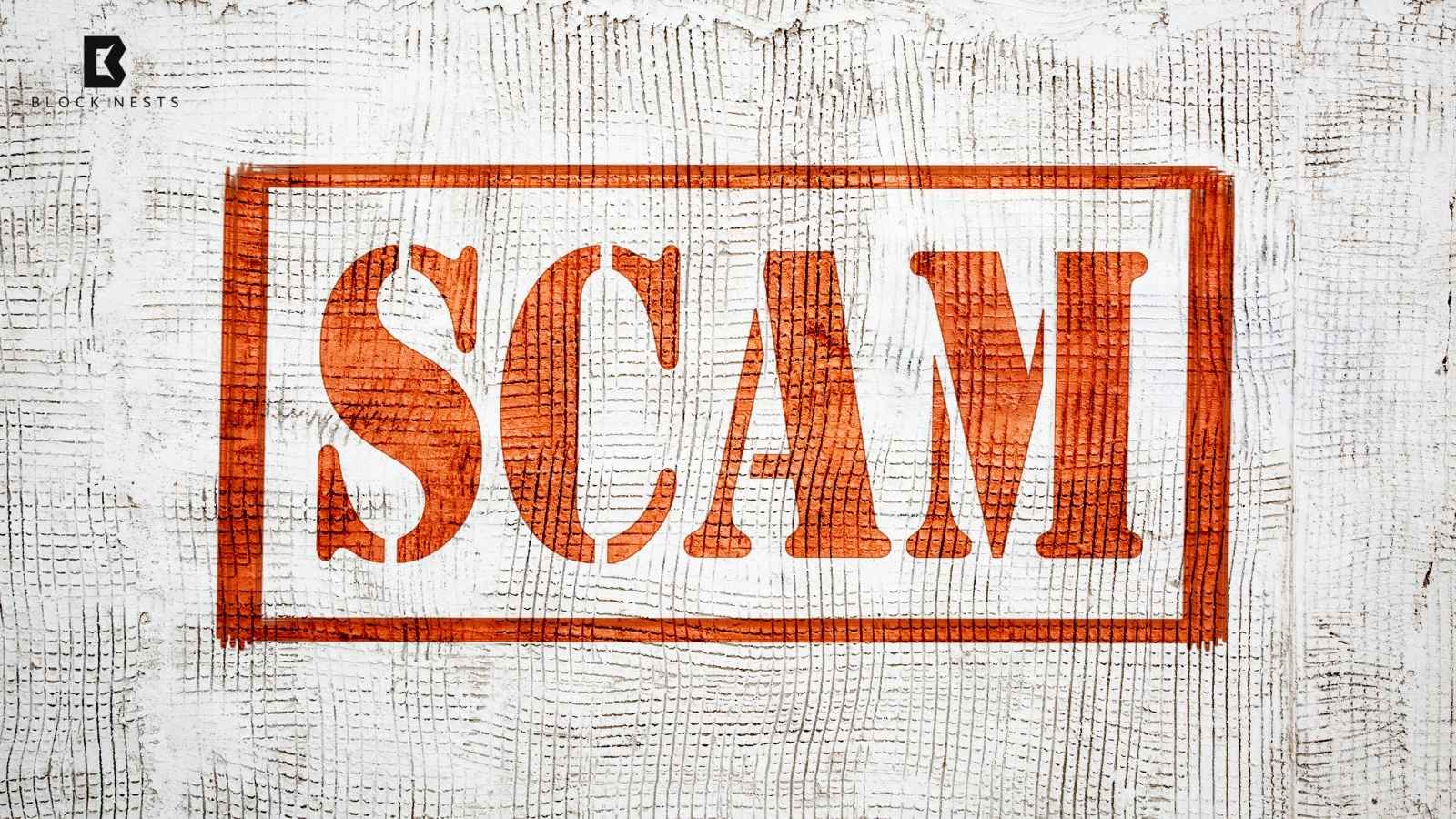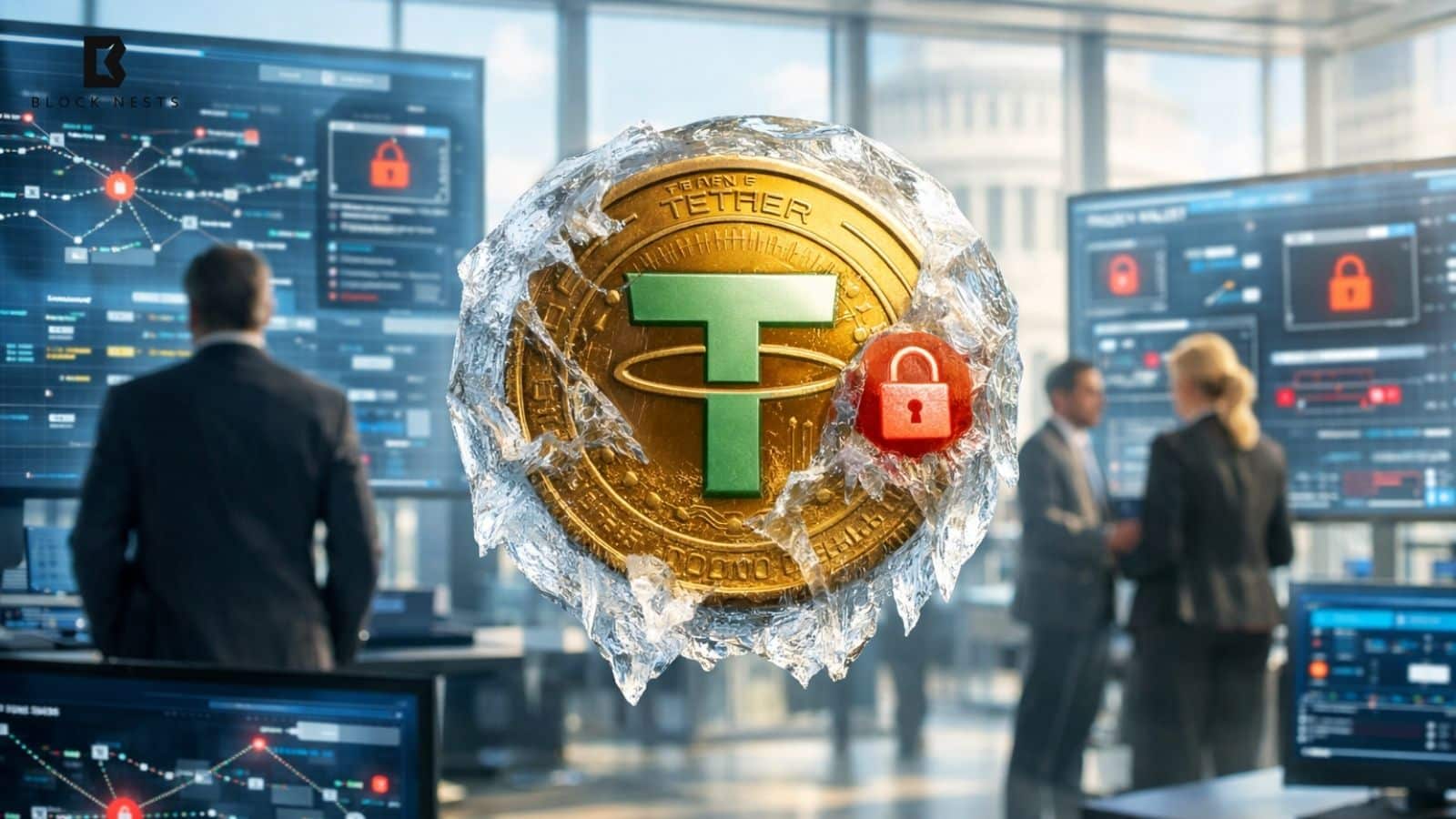- Thailand has amended its digital asset and cybercrime laws to fight online fraud.
- The new laws focus on digital asset mule accounts and foreign platforms.
- Authorities can now block illegal sites and accounts more quickly.
Thailand has taken a firm step to battle digital crimes, especially in the crypto space. On April 8, the Cabinet approved changes to two key laws, including the Digital Asset Business Law and the Cybercrime Law. The goal is to stop online scams involving digital assets and crypto.
It is aimed at tightening controls. New regulations focus on mule accounts as well as cross-border digital platforms. Lawmakers introduced these updates to secure public payments and restrict criminal activities.
Crypto Firms Must Track Suspicious Activity
Authorities now tightly control mule accounts, which fraudsters commonly use. Digital asset companies must actively monitor and suspend any suspicious activity. They must also exchange information with other financial institutions. A shared blacklist will list offenders and previously flagged wallet addresses.
No one on this list is able to make digital payments. Authorities will heavily penalize those who facilitate accounts for fraudsters. These include imprisonment of three years or fines as high as 300,000 baht. Authorities will help the victims as well. Banks and digital channels will coordinate more closely to enable faster refunds.
Service providers such as social media companies, telecommunication operators, and banks will now have greater legal liability. If they fail to meet prevention standards, authorities can hold them liable for user losses.
Foreign Platforms Face Thai Marketing Ban
Thailand is also clamping down on international crypto platforms. Legislators are determined to prevent them from serving local investors without approval. New regulations shut down crypto sites or applications that promote in Thailand or accept Thai baht payments. Authorities now consider marketing in the Thai language direct solicitation.
The Ministry of Digital Economy and Society will rapidly block these platforms. This move will boost law enforcement efficiency and protect local investors from unregulated players. These actions bring the digital asset market in line with the conventional bank system. Both will face the same level of scrutiny and enforcement going forward. The Securities and Exchange Commission, along with other groups, will oversee the regulation. Their goal is quite simple: combat fraud, protect assets, and minimize harm to the public.
Related Reading: Crypto Crash Deepens as Trump’s Trade Tariffs Spark Global Panic
How would you rate your experience?






